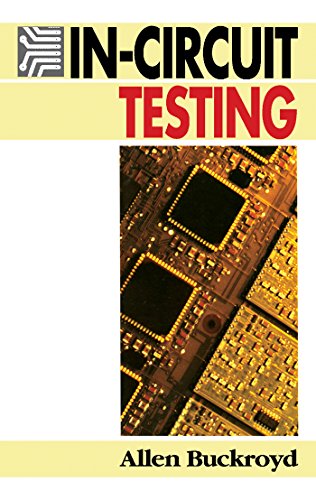
In–Circuit Testing PDF
168 Pages·2015·18.3063 MB·other
Most books are stored in the elastic cloud where traffic is expensive. For this reason, we have a limit on daily download.
Preview In–Circuit Testing
Description:
In-Circuit Testing discusses what an in-circuit test (ICT) is and what it can and cannot do. It answers many questions on how tests are actually carried out, with the benefits and drawbacks of the techniques. The emphasis throughout is towards practical problem solving, and many of the examples used are of surface mount printed circuit boards (PCBs). The book contains separate chapters on application—fitting ICT into a typical test strategy and into the manufacturing environment. The buying decision is fully explored—choice of system, initial and ongoing costs, and preparation of the financial proposal to Management. Then, assuming the automatic test equipment (ATE) has been purchased, additional chapters are devoted to: programming problems and solutions, interfacing problems and solutions, fault diagnosis and fault finding tools. Design for in-circuit test also merits a chapter. This covers specific design guides and the constraints which need to be placed on designers to ensure that ICT is cost effective. The concluding chapter reviews the purchase and use of the chosen ICT with the benefit of hindsight; it covers cost effectiveness; looks at alternative methods of testing, programming, and interfacing; and alternative ways of costing the testing service. This book is written for potential purchasers and users of in-circuit automatic testers who are attracted to the concept of ICT, but who may need help. This includes Test Engineering Managers who need guidance on which equipment to buy for a given application (and how to financially justify the purchase), and ATE Programmers, Test Engineers and Technicians who would welcome practical advice on how best to use the chosen ATE.
See more
The list of books you might like
Most books are stored in the elastic cloud where traffic is expensive. For this reason, we have a limit on daily download.
